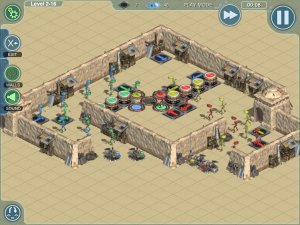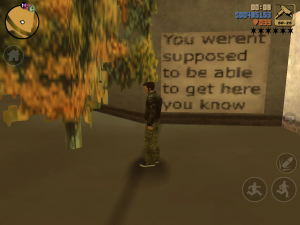 Apathy and Other Small Victories by Paul Neilan
Apathy and Other Small Victories by Paul Neilan
My rating: 5 of 5 stars
I have to apologize because this review will not be very good. Not that my other reviews are amazing– it’s just that I finished reading Apathy and Other Small Victories over a week ago, and I put off writing the review since I am only doing them weekly. It’s a stupid reason for putting it off, especially considering how good Apathy was. I need to check over my list of what I’ve read so far since January, but I’m pretty sure it’s the best thing I’ve read this year.
As far as I can tell it’s the Paul Neilan’s only published novel. Halfway through reading it I looked him up, found his website, and noted that the last update was 2008. Something about a new book coming soon, which seems to have been a damned dirty lie. Okay, not a lie, but I’m trying to express my frustration. Writers like this should write more. They have a duty. Even if it means self-publishing and earning nothing. Damn it.
The book is predicated on a kind of plot, one of those stories where the present action only goes for a few hours, but the main character spends a lot of the time reminiscing. That’s the first half, anyway. The second half picks up and takes this plot the rest of the way. I’m totally going to steal this structure.
And the writing is just so good. Just so good that I end up writing horrible sentences like “and the writing is just so good” to describe it. It’s laugh-out-loud funny, that wit that we usually only see in hard-boiled detective novels, snappy little sayings and brutally hilarious descriptions, comparisons, asides that don’t distract because that’s the whole reason we’re reading this thing.
All if it couched perfectly in a story about a regular guy doing his thing which is nothing at all and as little of it as possible. There’s a murder mystery, and a cast of eccentric characters to fill it all in. But don’t misread what I’m saying, don’t take this horrible review as an apt description of Apathy. This is not an absurd novel, or a farce. I don’t even want to call it a dark comedy. I don’t know what I want to call it.
I want to call it the first novel in a prolific writing career, is what I want to call it. I even wrote Neilan an email asking him to write more. That’s only the second time in my life I’ve written to a writer. Five stars is not enough.











